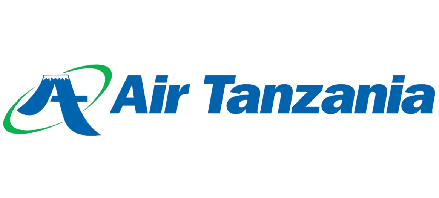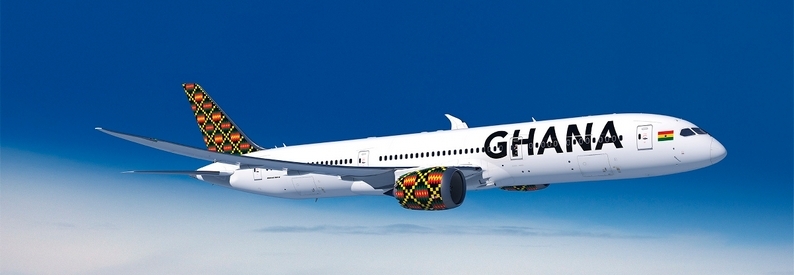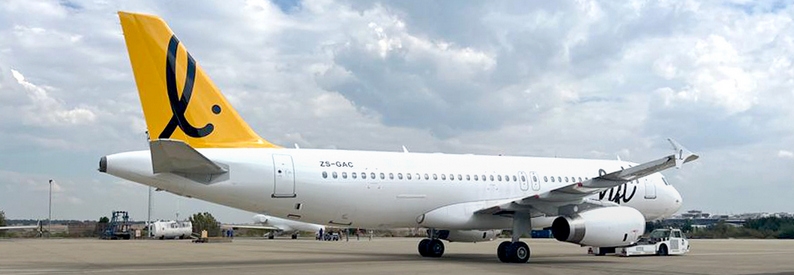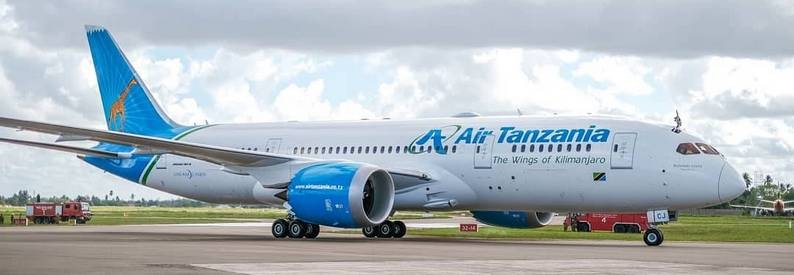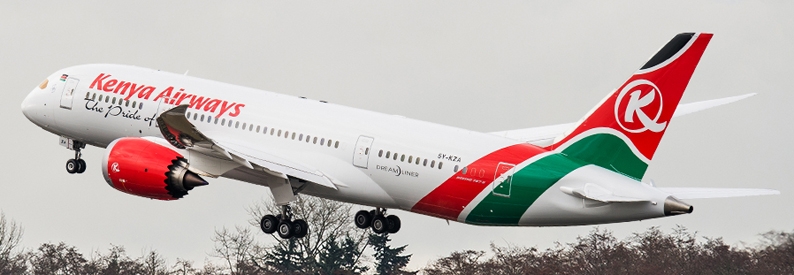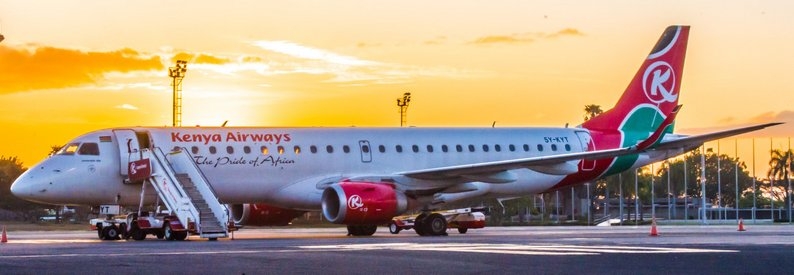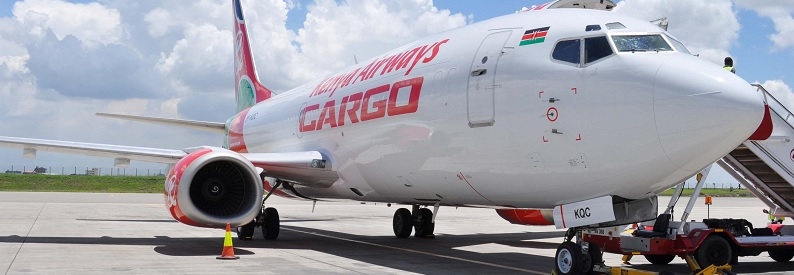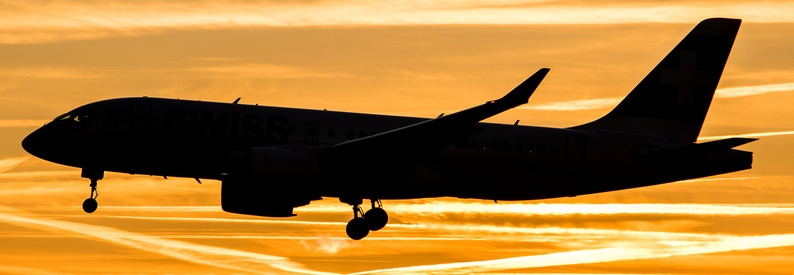Tanzania will not join the Single African Air Transport Market (SAATM) in the next five years, according to permanent transport secretary Gabriel Migire.
"Liberalisation of African skies is a good idea, but we need to open it strategically," Migire told The Citizen newspaper. "Let's give ourselves five years to pave the way to preparing local operators to compete fairly."
Migire promised his government would facilitate an enabling business environment for domestic carriers. His ministry was preparing a stakeholders meeting to discuss challenges and chart a way forward. "It is advantageous to open the African skies as competition will drive operating efficiencies, which, in turn, will reduce the cost of air transport and the cost of doing business (in Africa)," he said.
Tanzania Air Operators Association executive secretary Lathifa Sykes said: "We are open for positive changes, but the government must ensure that domestic operators and the economy at large do not lose [out]. The government needs to create a conducive environment for us to be competitive. As of now, we can't compete."
SAATM is a flagship project of the African Union (AU) Agenda 2063, a strategic framework to establish a single unified air transport market in Africa for the continent's socio-economic transformation over the next 50 years. It was created to expedite the implementation of the long-awaited open skies in Africa for African carriers envisaged under the Yamoussoukro Decision adopted in 1999, which commits its 44 signatory countries to deregulate air services and promote regional air markets open to transnational competition. A key component is the free exercise of first, second, third, fourth and fifth freedom traffic rights for scheduled and freight air services by eligible airlines. It removes restrictions on ownership and provides for the full liberalisation of frequencies, tariffs and capacity.
To date, 34 of the AU's 55 member countries – representing about 80% of Africa's airline traffic - have signed up to SAATM: Benin, Botswana, Burkina Faso, Cabo Verde, Cameroon, Central African Republic, Congo Brazzaville, Cote d'Ivoire, Egypt, Ethiopia, Equatorial Guinea, Gabon, Gambia, Ghana, Guinea (Bissau), Guinea, Kenya, Lesotho, Liberia, Mali, Morocco, Mozambique, Namibia, Niger, Nigeria, Democratic Republic of Congo, Rwanda, Sénégal, Sierra Leone, South Africa, Swaziland, Tchad, Togo, and Zimbabwe, according to the International Air Transport Association (IATA).
In November 2022, 18 of the signatory states launched the Pilot Implementation Project (PIP) under the auspices of the African Civil Aviation Commission (AFCAC). This initiative aims to align their respective bilateral air service agreements. The signatories were Cabo Verde, Côte d'Ivoire, Congo (Republic of), Cameroun, Ethiopia, Ghana, Gabon, Kenya, Morocco, Mozambique, Namibia, Nigeria, Niger, Rwanda, Senegal, South Africa, Togo, and Zambia.
However, according to Airline Association of Southern Africa (AASA) chief executive Aaron Munetsi, it is clear that SAATM is still some way from becoming a reality as protectionism of state carriers continues.
"Most regional governments have recognised the potential rewards and [are] committed to implementing SAATM. But what is said and done can be quite different. Some of these governments, at the instigation of their national carriers, act contrary both to the spirit of SAATM and their bilateral air service agreements by imposing prejudicial requirements on the reciprocal nation's designated airlines. Typically, these manifest in the denial of reciprocal fifth-freedom traffic rights, differential pricing for aircraft landing and airport charges, as well as ground handling service fees and FOP [foreign operator permit] fees."
- Type
- Base
- Aircraft
- Destinations
- Routes
- Daily Flights
